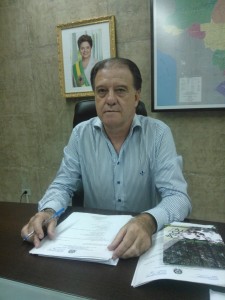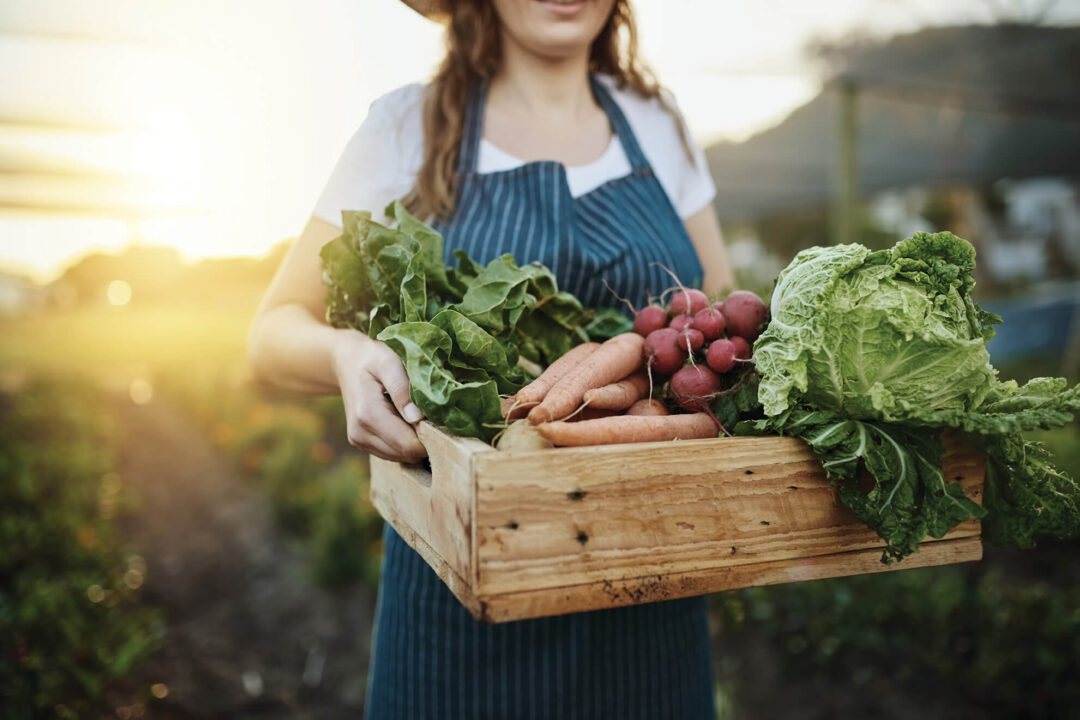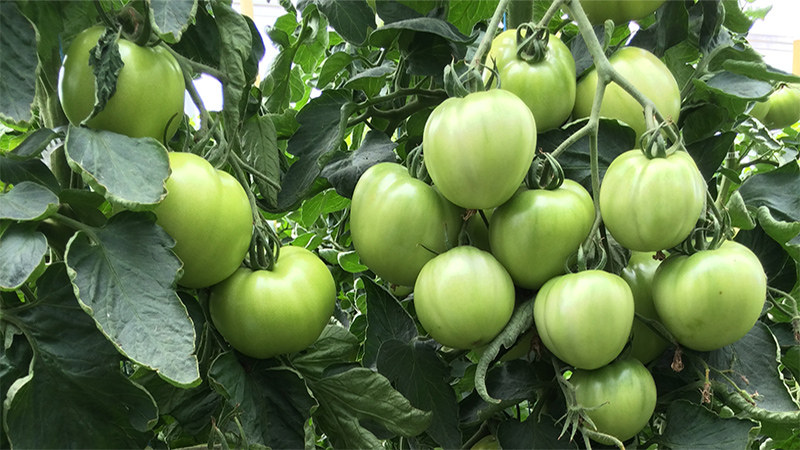Record Amount of Illegal Pesticides Seized in Brazil’s Paraná State

Gil Bueno de Magalhães, Federal Superintendent of Agriculture in Paraná
Brazilian authorities cracked down on illegal pesticides earlier this month, seizing 380 pounds of counterfeit product in the state of Paraná — the largest-ever amount found in the region.
In total, 12 teams from the Ministry of Agriculture, Livestock and Supply (MAPA) together with other governmental agencies and police were mobilized on farms of western regions and southwest of Paraná. The operation resulted in the inspection of 252 farms in 30 counties and assessment of 24 farmers for use or deposit of illegal pesticides. Altogether fines totaling $225 million were applied. In addition to the seizures of products, three arrests were made, according to the Ministry of Agriculture.
During the operation, 380 pounds of illegal pesticides were seized, comprising a total volume of 172 full and 45 empty containers. The amount of illegal pesticides found on farms was larger than in any previous operation in Paraná. “The number is alarming, since almost 10% of inspected properties possessed illegal products,” according to a MAPA statement.
According to the Federal Superintendent of Agriculture in Paraná, Gil Bueno de Magalhães, illegal pesticides, which are unregistered, smuggled and fake, are untraceable and do not meet the requirements of the agencies responsible. “These products are not following the guidelines and requirements of MAPA, IBAMA, ANVISA and state agencies agricultural defense. Therefore, these represent losses to the farmer as the products’ low efficiency can cause damage to the environment, the health of the applicator and the consumer, ” he explained.
Magalhães also said that production with good agricultural techniques and the use of suitable materials and quality are prerequisites for achieving safe food for domestic and international markets. “Thus, the fight against illegal pesticides contributes to food security through the production and acquisition of healthy foods, with environmental and technological quality,” he said.
The Federal Tax Service of the Agriculture Inspection of Agricultural Inputs (Sefia) of the SFA in Paraná, Marcelo Bressan, explained that, apart from fines, processes and police reports filed against farmers will be forwarded to the prosecutor. The punishment could be one to four years in prison, and all of the seized product will be sent for incineration in a suitable, licensed place.






